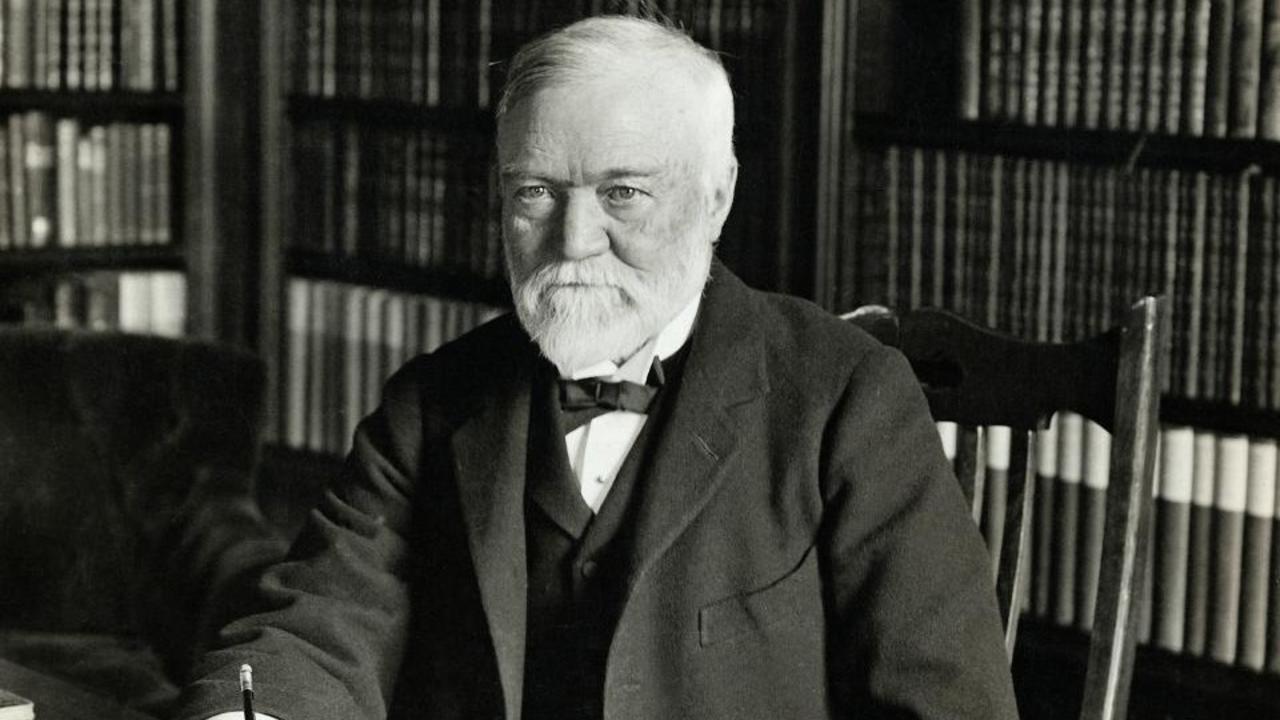Are You A Thinking Leader?
Dec 15, 2019
Bad leaders react. Good leaders plan. Great leaders think. And revolutionary leaders — the sort of leaders who transform not just companies, but entire industries — think differently. The question is: What sort of leader are you?
It is not a hard question to answer, if you’re honest with yourself.
If you spend most of your time putting out fires, responding to emerging threats, talking with your team about what went wrong and who is to blame for it, then you are a reactive leader. And that means you are probably not a very effective one.
But that doesn’t mean you can’t do better.
You can start by developing a strategy – or at least a plan – that establishes clear goals for your organization and outlines a path to achieving them. In that way, you can drive events, rather than letting events drive you.
That’s what good leaders do: lead. They do that by working with their team to figure out where they need to go, as well as the route they need to get there. And if they are really good, they identify clear metrics to monitor in order to gauge their progress against that plan, track those metrics, then hold their teams accountable for delivering on them.
Ask yourself, “Do I do these things?” If you can honestly answer yes, congratulations: You are a good leader. But if you stop there, you will never be a great one.
Because great leaders don’t just plan, they think. And when I say they think, I mean they think for themselves. They don’t outsource thinking to others. They ask tough questions, and they have the courage to listen to the answers.
My mentor, legendary CEO Alan Mulally (who famously saved both Ford and Boeing), once told me, “The most important discipline a leader can practice is to seek understanding before seeking to be understood.”
Or to put it more simply: Listen before you talk.
That’s easy to say, but hard to do – particularly in a society where egos are often left to run unbridled and leaders can rise to the top of their organization with nothing more to fuel their ascent than bravado, bluster and a brazen disregard for the ideas and insights of others.
But guess what? That old model of leadership that encouraged people to shoot from the hip and blow stuff up is rapidly losing what credibility it has left. Instead of promoting leaders who think they have all the answers and believe their main job is telling people what to do, companies are increasingly seeking out leaders who can assemble winning teams and lead them as a coach, rather than as a king.
It’s not a new idea. Back at the beginning of the twentieth century, the great industrialist Andrew Carnegie drafted his own epitaph. It read: “Here lies one who knew how to get around him men who were cleverer than himself.” He may have left out the part about listening to them, but it’s implied.
If you’re that sort of leader, you’re probably well on the way to greatness, even if you haven’t achieved it already. But if you want to be a truly revolutionary leader, you can’t stop there. You need to not just think for yourself, but also think differently than everyone else – and that means thinking critically.
Truly transformational leaders are the ones who confront the comforting lies that organizations and industries tell themselves and embrace the hard truths that lie behind them.
They do that because they know that it is the lies we tell ourselves that hold us back.
Are you ready to become a Red Team Thinker? Join us for the RTT Boot Camp™.
